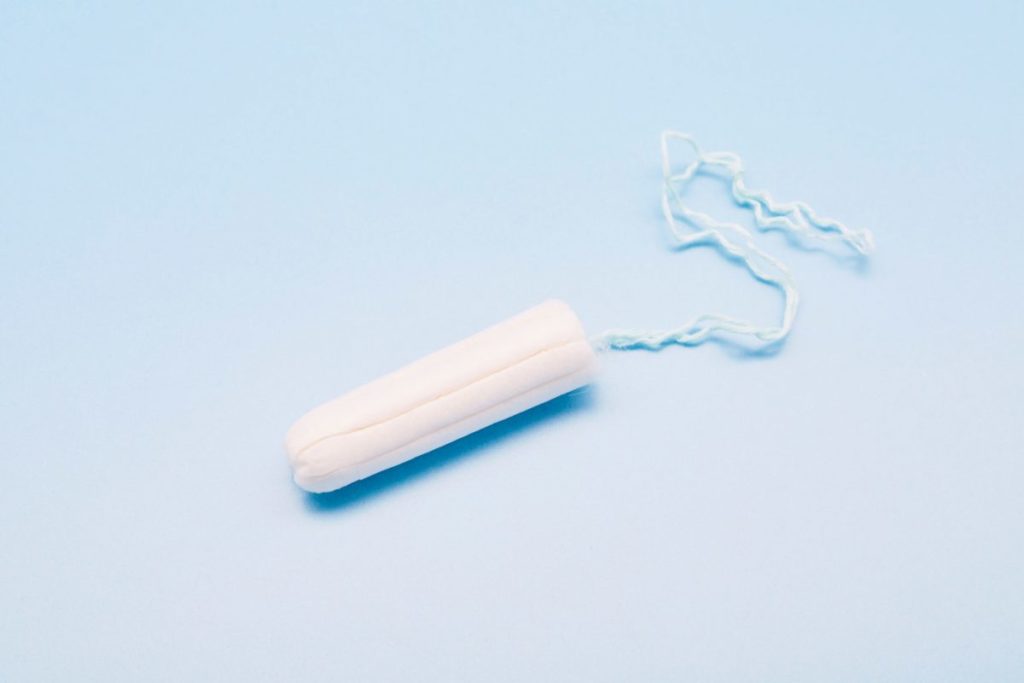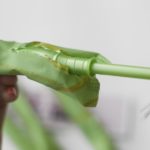
In the United States, cervical cancer kills approximately 4,000 women each year. While doctors typically recommend Pap smears every three years, many women go much longer without being screened for the disease.
Fortunately, a pair of Johns Hopkins University graduate students recently developed an easier, at-home alternative to the Pap smear — a tampon that uses artificial intelligence to scan the cervix for abnormalities.
Hayley Loaglund, co-creator of the Smart Tampon, told Minnesota News she and her colleagues were discussing the most unpleasant aspects of healthcare and the first thing that came to mind was the Pap smear.
“It can be painful, it’s invasive, and that’s why we came up with this idea of the Smart Tampon to be able to detect cervical cancer in the comfort of your own home,” she said.
Hoaglund worked with fellow student Madeleine Howard to create the Smart Tampon for their artificial intelligence class with consultation from pathologists. It looks and feels just like a tampon, but features a small, highly sensitive camera that takes photographs of the cervix.
The camera functions similarly to facial recognition technology used in certain smartphones, and scans various databases to assess cervix cells.
“It would compare your cervix cells with abnormal cervix cells and be able to assess if you have any irregularities and prompt you to visit a doctor if needed,” Hoaglund told The Optimist Daily.
Although it is named “Smart Tampon,” the product is solely used to scan the cervix and is not meant to function as a menstrual product.
“The idea of this is if you cannot come to the screening, the screening can come to you,” said Tinglong Dai, a professor at Johns Hopkins Carey Business School.
The product is only a prototype and would need FDA approval before it could be made widely available. Hoaglund and Howard want to recruit investors to help them put the Smart Tampon on shelves.
The Smart Tampon — which could cost up to 50% less than a Pap smear, according to Hoaglund — has the potential to increase comprehensive healthcare access across the country. And because cervical cancer could be avoided if detected early, the product could also save thousands of lives.
“I think it’s no secret that people with cervixes in general have been marginalized, be it in clinical trials, research, innovation and development in the field of women’s reproductive health,” Hoaglund said. “So it’s really important to keep innovating and to look for solutions.”



